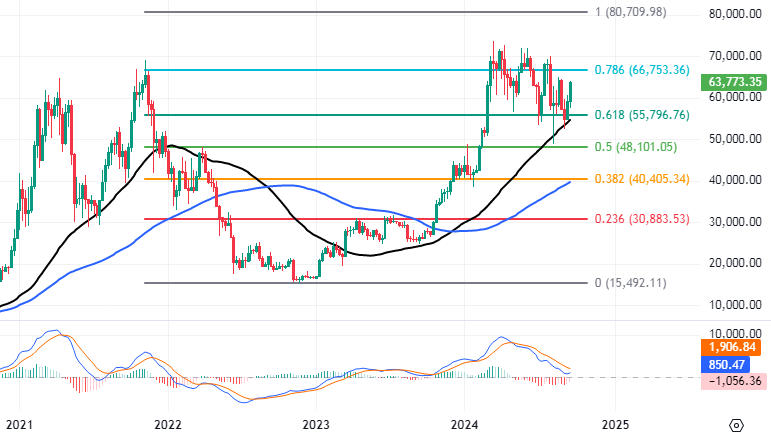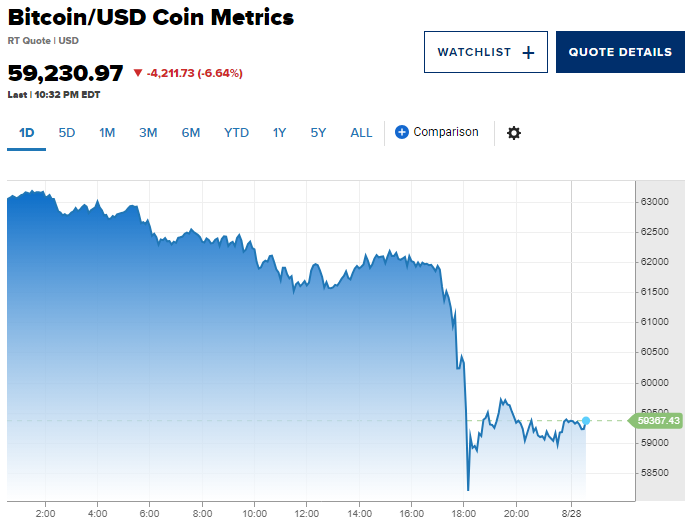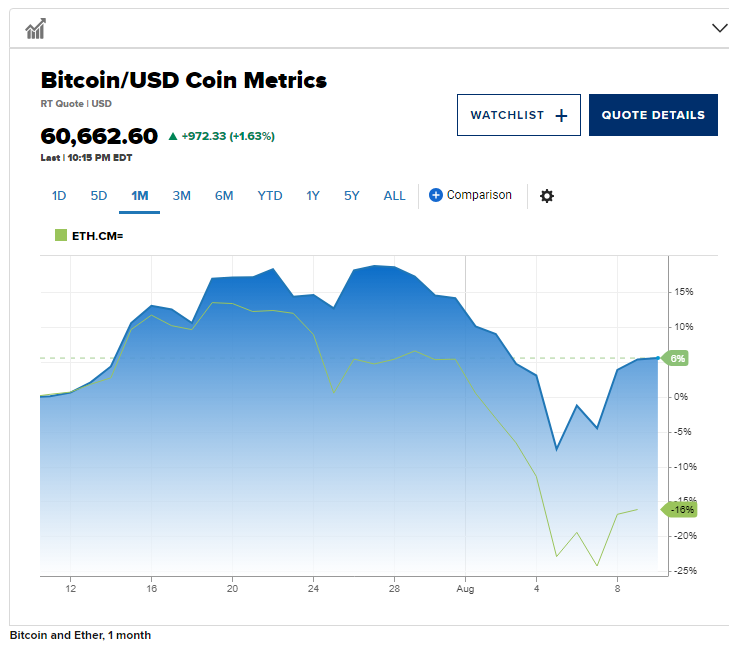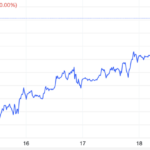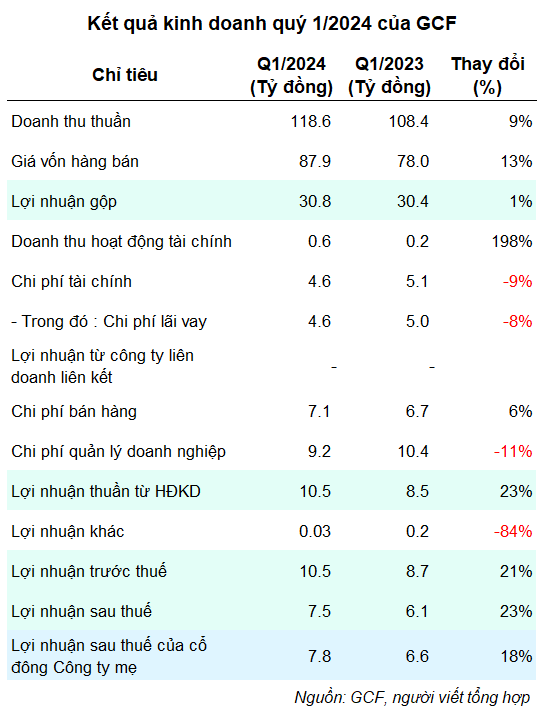On February 3, 2024, the magazine “Vietnam Economy” (VnEconomy) organized an online seminar with the topic “Amendments to the Credit Institutions Law: Efficient Allocation of Resources”.
The amended Credit Institutions Law was passed by the National Assembly on January 18, 2024, and will take effect from July 1, 2024. The new provisions will directly and extensively impact the business and management activities of credit institutions. This will lead to a more transparent and fair allocation of resources between economic entities.
ABSENT PROVISIONS ON ASSET PLEDGE RIGHTS
With 15 chapters and 210 articles, the amended Credit Institutions Law of 2024 adds provisions for 4 major issues: (1) setting a schedule for share ownership ratios for shareholders and related persons in credit institutions; (2) reducing the credit limit for individual customers and groups of customers; (3) risk provision and early intervention for credit institutions with issues; and (4) dealing with bad debt and collateral assets in accordance with Resolution 42/2017/QH14.
Among these, two major issues have attracted the market’s attention.
Firstly, the tightening of share ownership ratios for shareholders and control of credit extension to related persons has become a prominent issue in the context of cross-ownership and dominance of credit institutions by major shareholders.
Secondly, the handling of bad debt. Resolution 42/2017/QH14 on pilot handling of bad debt by credit institutions officially expired on December 31, 2023. Contrary to the expectations of credit institutions, the key provision on asset pledge rights in Resolution 42 was not maintained as originally stated in Resolution 42/2017/QH14 on June 21, 2017.
Expressing concerns about the legalization of Resolution 42 amid the high economic risks at present, Mr. Truong Thanh Duc, Director of ANVI Law Firm, expressed regret that the amended Credit Institutions Law only included a few provisions related to Resolution 42 at the last minute. If these provisions were not included in the new law, the banking sector would face a complete deadlock.
According to Mr. Duc, the most important provision in Resolution 42 has been excluded, which is the right to retain collateral assets that has had a significant and practical impact. The law does not accept this provision in the new law. Currently, it is legal to receive a real estate project or any project as collateral, but the project may not meet the conditions for transfer, making it difficult to resolve.
Furthermore, he believes that there needs to be a change in mindset that bad debt is not just the responsibility of the banking sector. It should be resolved in the interest of the entire economy, as banks provide loans to serve the economy and ensure growth targets. The consequences caused by businesses, individuals, and borrowers should be the banks’ responsibility as the facilitators. Taking a “bad debt is an economic issue” approach rather than a “bad debt is a banking issue” approach will definitely lead to different ways of handling as mentioned in the law.
According to Mr. Duc, although the law is not currently in effect, banks must consider the difficulty of debt recovery in the future, especially during the more challenging economic times caused by the COVID-19 pandemic, where many debts are being extended and deferred, maintaining the same debt group and misclassification.

“In the future, the banking sector will face a major challenge and should consider the fact that bad debt ratios, currently low, may rise to a significant percentage in a year. Surely, the National Assembly will have to discuss a new law, not excluding amending the Civil Law or issuing a law on handling bad debt for the economy, with the key emphasis on handling bad debt in the banking sector.”
Sharing this perspective, Dr. Nguyen Quoc Hung believes that when laws are amended, the Civil Law must also be amended. No one can accept borrowers being able to repay their debts but deliberately not doing so, having assets but not surrendering them for banks to handle, without any consequences. Therefore, they need to be handled by some means, including criminal prosecution if necessary.
According to the Vietnam Banking Association, if there is a Consumer Rights Protection Law, there must also be a law to protect the rights of suppliers, which in this case are the banks. When individuals and businesses intentionally refuse to repay their debts, there must be strict measures to handle them.
COMPANIES FACING UNFAIR SITUATIONS
Expressing many concerns at the seminar, Dr. Nguyen Quoc Hung, Deputy Chairman and General Secretary of the Vietnam Banking Association, analyzed that the hidden bad debt is currently very high, so the ability to recover debts in the near future will be extremely difficult without more effective solutions and if people turn their backs on paying off their debts, the debt recovery process will be very challenging for credit institutions.
“In that case, credit institutions will have to reconsider and impose stricter conditions, making it more difficult for individuals and businesses to access loans,” predicted the leader of the Vietnam Banking Association.
He emphasized that banks are obligated to comply with legal regulations, to perform due diligence and ensure that the collateral assets are carried to the right places, even if it takes several months to disburse a loan instead of just a few days as before. This avoids situations where borrowers intentionally avoid repayment, forcing institutions to initiate lawsuits to have the court handle and seize the collateral assets, leading to lengthy disputes lasting 5-7 years before capital is recovered.
When conditions are tightened, even good businesses suffer, bearing the impact as a whole. Originally, individuals and businesses should have had easier access to capital, but now banks are imposing tighter restrictions due to the “bad apples spoiling the whole barrel” situation.
Therefore, Mr. Hung believes that the names of those who intentionally refuse to repay their debts should be disclosed, and if the law has not been able to address the issue, society must condemn such behavior.
Sharing the perspective of a large institution, Mr. Vu Viet Hung, Deputy Head of the Legal Department at the Agricultural Bank of Vietnam (Agribank), believes that after more than 6 years of implementing Resolution 42, banks have encountered some difficulties and obstacles, but the significance of Resolution 42 in handling bad debt by credit institutions cannot be denied.
According to Mr. Hung, dealing with bad debt and handling collateral assets depends on various factors: (i) the handling of bad debt is related to the policies and legal mechanisms of the state; (ii) the crucial factor is the health of the economy and the market’s ability to absorb assets when banks handle them; (iii) it is related to the support of credit institutions for borrowers and guarantors, and (iv) the most important factor is the borrower’s awareness and the guarantor’s responsibility in debt repayment.





















